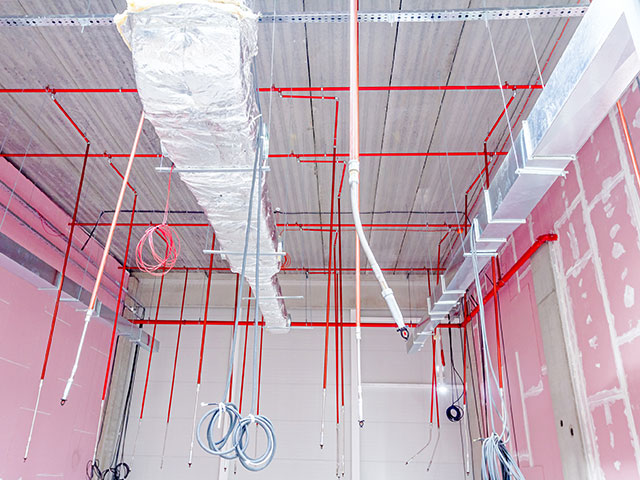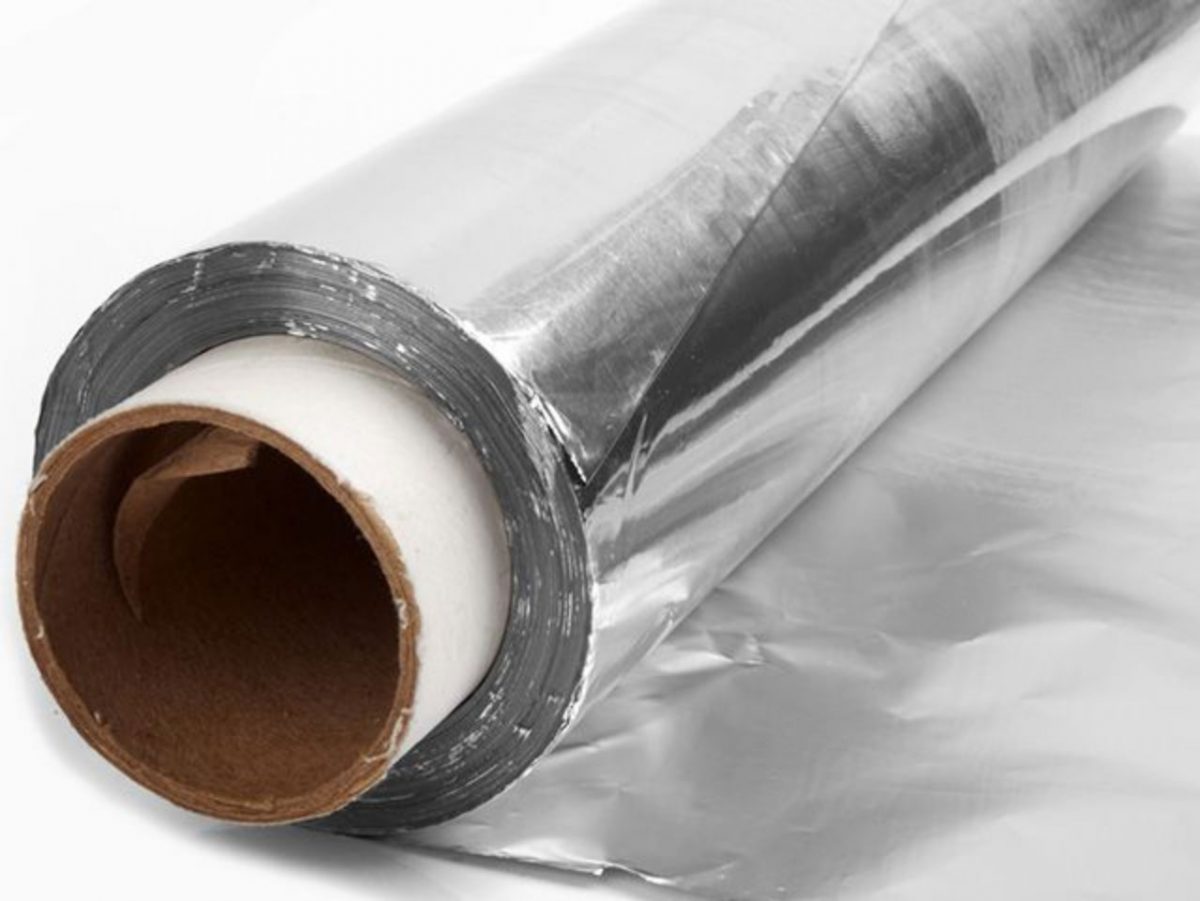Aluminum foil has many practical insulation applications. One of the most widely used industrial applications of aluminum foil is insulation for heat and sound barriers. The reason for this widespread use comes from the several beneficial properties of aluminum foil, making it the first choice for many manufacturers.
One of the first and foremost reasons is the low cost and high yield of aluminum foil, due to its relatively lightweight when compared to other metals. When rolled to very thin foil gauges, aluminum becomes even less expensive on a per square foot basis. Even as thin as .001 inches thick, aluminum foil will provide a solid barrier to water vapor as well as being an excellent radiant barrier for sound and heat. Additionally, when laminated to foams, papers, and other substrates, these aluminum characteristics are further enhanced, making the multi-layered construction a widely used product.
Aluminum foil is considered highly effective and low-cost insulation for trucks, automobiles, residential and commercial buildings, and other applications that require sound or temperature barriers. Fully annealed (or soft temper), laminating grade aluminum foil also has the added benefit of having little or no surface rolling oils, allowing the foil to be easily attached to other substrates with the use of adhesives.
The annealing process at the rolling mills during the production of aluminum foil removes the oils and provides a product ready to go for insulation manufacturing purposes. Overall, aluminum foil is a truly amazing product that provides excellent insulating properties at a very affordable, low cost for industry and consumers alike.




